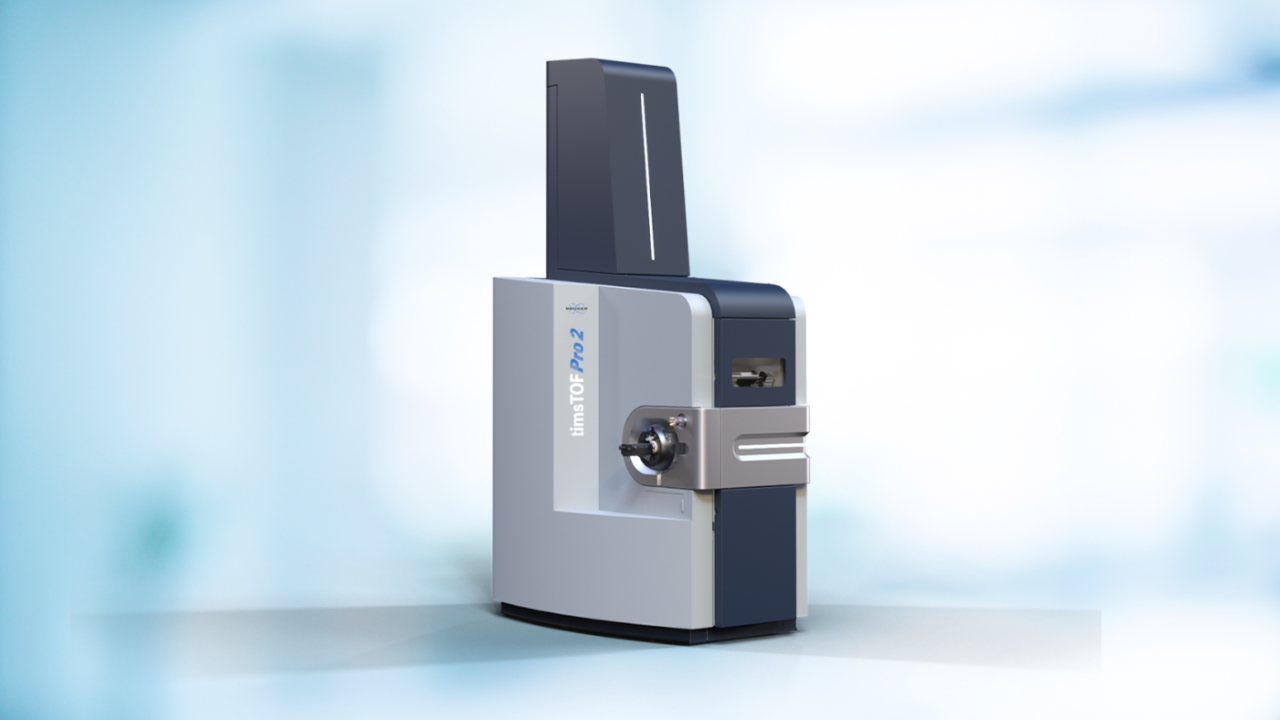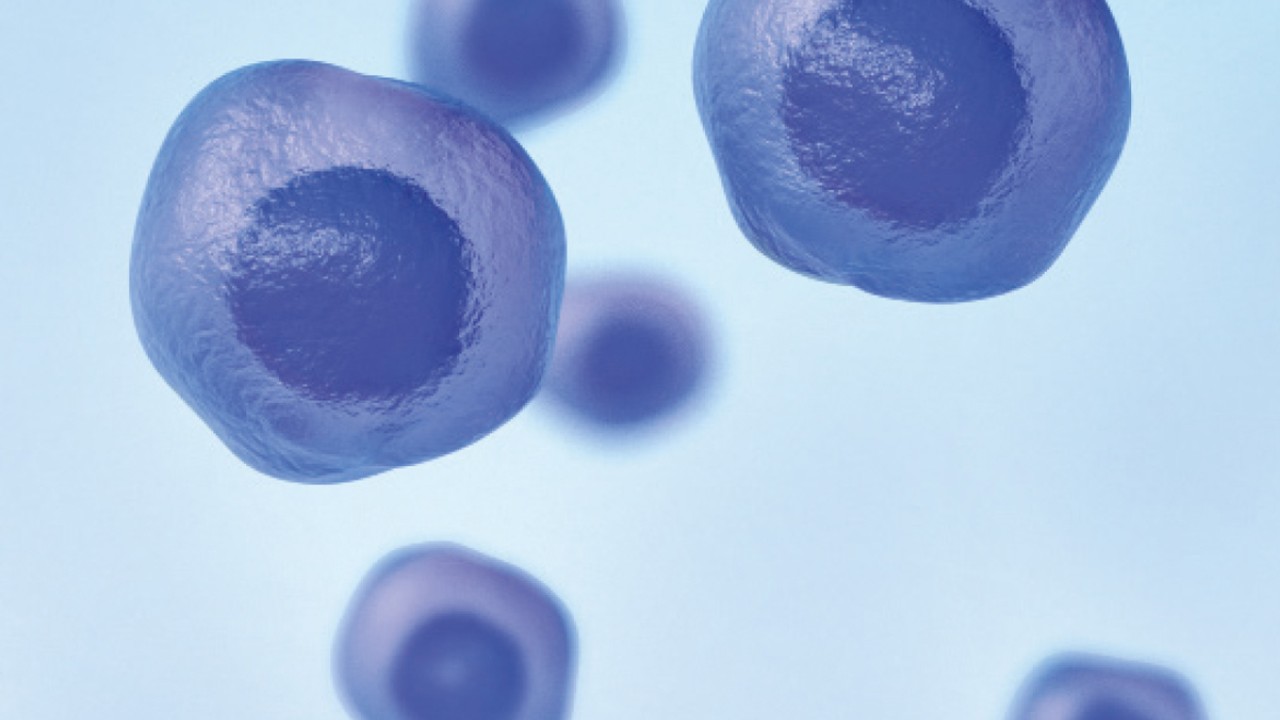

Developing sophisticated software for high-throughput MS-based 4D-Proteomics™
Introduction
Researchers at the Max Planck Institute of Biochemistry (MPIB) are unravelling high-throughput MS-based 4D-Proteomics™ data with dedicated software in partnership with Bruker.
Professor Jürgen Cox is Research Group Leader of Computational Systems Biochemistry at the MPIB, one of the largest institutes of the Max Planck Society which focuses on systems biology, proteomics, mass spectrometry (MS) and informatics. The group’s research is dedicated to the development of computational approaches to analyze large-scale data sets in order to answer questions in the fields of proteomics, metabolomics, transcriptomics and lipidomics.
Prof. Cox has developed the industry-leading MaxQuant software for MS-based high-throughput proteomics analysis, which, when combined with Bruker’s 4D-Proteomics™ workflows on the timsTOF Pro, can achieve deeper insights.
Enabling the transition to high-throughput proteomics with MaxQuant
Significant advances in analytical instrumentation, technology and methodologies have made proteomics an extremely powerful tool for identification, which in turn has created new challenges for bioinformatics software development. Modern high-throughput MS-based proteomics analysis produces enormous amounts of raw data, generating the need for powerful, automated computer-based methods that provide reliable identification and quantification of proteins.
The large MaxQuant algorithm ecosystem enables comprehensive data analysis in liquid chromatography coupled with tandem MS (LC-MS/MS) shotgun (or bottom-up) proteomics. Shotgun proteomics is the most commonly used MS-based approach to study proteins by digesting them into peptides prior to MS analysis.
Crucial collaborations
The addition of trapped ion mobility spectrometry (TIMS) from Bruker’s timsTOF Pro, delivers greater sensitivity, selectivity and MS/MS acquisition speeds for proteomics research. The unique design allows researchers to reproducibly measure the collision cross section (CCS) values for all detected ions, which can be used to further increase the system’s selectivity, enabling reliable relative quantitation information from complex samples and short gradient analysis.
Prof. Cox’s MaxQuant shotgun proteomics workflow was adapted to extract the abundance of information from the timsTOF Pro, making it possible to manage 4D features in the space spanned by retention time, ion mobility, mass and signal intensity that benefit the identification and quantification of peptides, proteins and post translation modifications (PTMs).
Ongoing improvements to the MaxQuant software platform are reliant on important collaborations between the MPIB team and other institutions and industry leaders such as Bruker. Prof Cox describes the impact of these collaborations:
“We are all working towards the same goal, which is to achieve better algorithms and tools for proteomics. The results of these collaborations are used to develop future versions of the software to optimize 4D-Proteomics™ workflows.”
For Research Use Only. Not for use in clinical diagnostic procedures.



